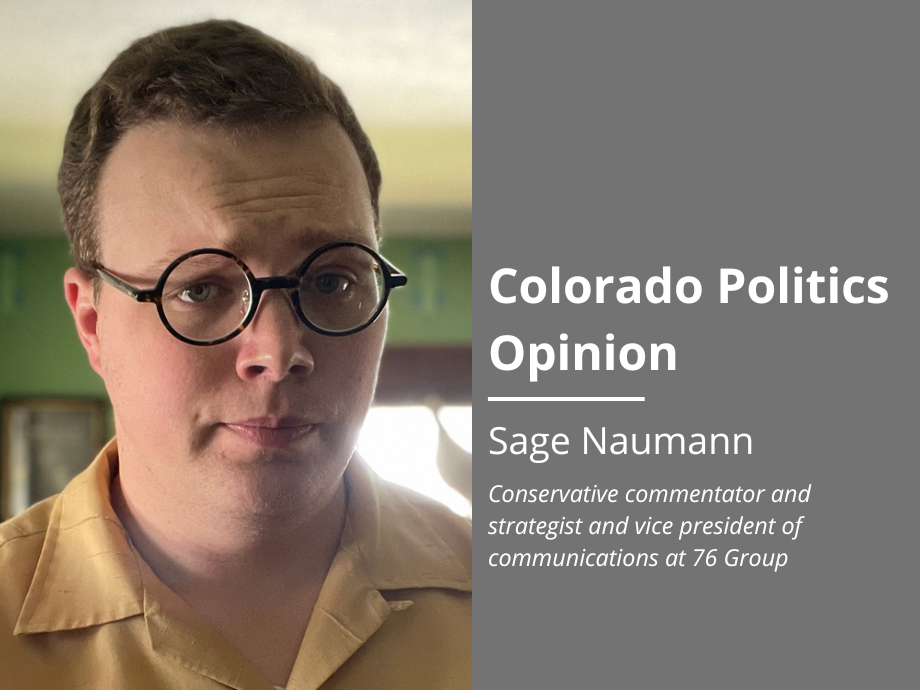COUNTERPOINT | Mask mandates haven’t worked yet, won’t this time


In early 2020, a photo of football fans wearing masks during the 1918 Spanish Flu pandemic circulated widely. Even 100 years ago, people said, they knew that masks work.
That photograph isn’t proof of 1918’s wisdom, but rather of 2020’s ignorance.
In 1920, the American Journal of Public Health published a study asking why widespread masking had virtually no effect on the spread of the disease. It concludes that masks dense enough to filter out the flu made it hard to breath, forcing air around the edges.
And yet, public health officials are still promoting masks with the same level of overconfidence and lack of humility that has characterized most of their response to COVID from the beginning. A new state mask mandate is being proposed not from knowledge but from people’s desire to feel safe.
The burden of proof lies squarely on those who would impose such a mandate, its costs and its enforcement costs on society. Masks’ benefits must clearly and unambiguously outweigh the overall inconvenience and costs. Such proof simply does not exist. Ian Miller of Rational Ground has collected dozens of graphs showing no correlation between mask mandates and case rates, despite their popularity with politicians.
A 2011 study in the Cochrane Library claimed that masks might help reduce the spread of respiratory viruses. By 2020, the updated study concluded with moderate certainty that, “wearing a mask probably makes little or no difference to the outcome of laboratory?confirmed influenza compared to not wearing (one).”
Three prominent studies concur. A Danish study showed no statistically significant effect from masking. Studies in Georgia and Bangladesh showed improvements of roughly one percentage point in transmission, hardly worth the socialization cost to kids or the health costs to adults.
Even then, the public might accept mask mandates if the people imposing them acted like they believed they worked. Politicians and health officials from Denver, Chicago, California, Washington, DC, Florida and beyond have flouted their own restrictions. They berated the maskless Sturgis Motorcycle Rally and lauded the maskless Lollapalooza concert.
And cities’ rules are weird and inconsistent. Film crews and the Met Gala’s Beautiful People got a pass, even as restaurants shut down and staff remained masked. Regular businesses in Denver must have a mask-or-vax policy, but people attending DCPA or Ball Arena must mask and vax.
Indeed, it looks as though those pushing mask mandates are mostly trying to cover for their own mistakes. They note Colorado’s hospital system is operating dangerously close to capacity, with over 90% of both ICU and acute care beds in use.
But we also lost 600 of 9,400 acute care beds and 200 of 1,700 ICU beds to staffing shortages caused in large part by vaccine mandates for hospital workers. The mandate was imposed despite studies from both New York and the UK showing that COVID transmission in hospitals was low, and came mostly from patients, not staff. With those beds, usage rates would drop into the low-to-mid 80s.
Make no mistake – the vaccines are modern-day miracles. My wife and I got vaccinated as soon as we could. They keep many people out of the hospital, which is a huge win. But because of the nature of coronaviruses, they will not “end COVID.” Just like vaccines, the benefits of masks have been vastly oversold to the public.
What can help is increasing access to monoclonal antibodies and treatments up for imminent FDA approval, and making sure that the elderly and others most at-risk are encouraged to get vaccinated.
The Wuhan coronavirus is serious business. I know people who’ve been hospitalized with it, smart people who still suffer from its brain fog and fatigue. Friends of mine have died from it.
That’s not a reason to wear masks. It’s a reason to do things that actually work.
Joshua Sharf is a senior fellow for fiscal policy at the Independence Institute, with degrees in physics, mathematics, and finance.






